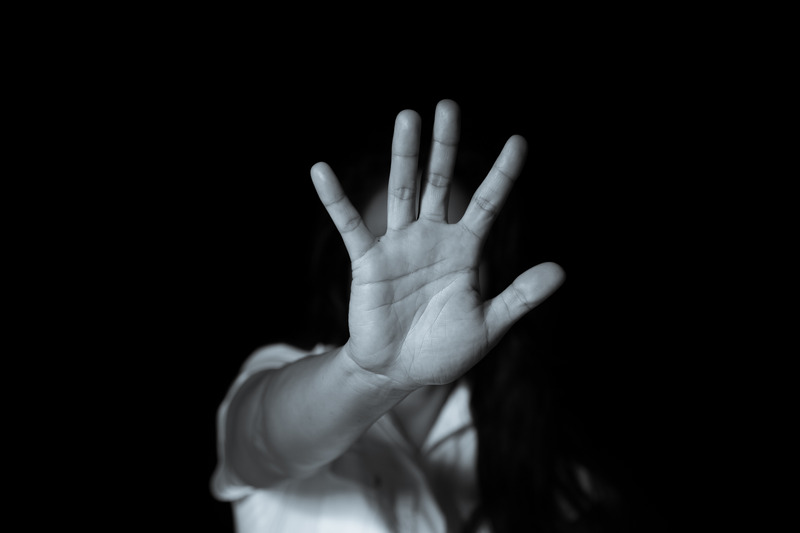MANILA, Philippines — Women’s organization Gabriela said the lockdown enforced by the government amid the COVID-19 health crisis was to blame for the 3,700 cases of abuse against women that the group has recorded recently.
The island of Luzon and several major urban hubs had been placed under community quarantine starting in the middle of March to contain the spread of the severe respiratory disease caused by the new coronavirus. The quarantine level has since been adjusted and loosened based on the number of COVID-19 cases recorded in the areas concerned.
According to Gabriela, the “militarized” lockdown has increased women’s vulnerability to abuse because it exposed them to hunger and poverty while shutting off easy access to social protection.
The group “takes the Duterte government to task for its complicity in bringing women to a more heightened situation of abuse and sexual exploitation by failing to provide necessary economic and social protection for them,” said Gabriela secretary general Joms Salvador.
The 3,700 reports of violence against women (VAW) that government agencies received during the two-month enhanced community quarantine (ECQ) in Luzon and other parts of the country are likely to be more, Salvador said.
“As in situations even before the pandemic, many victims are unable to report their abuse for fear of reprisal, or because of the lack of access to channels of reporting and redress,” the Gabriela officer said, adding that many victims are likely still trapped with their abusers, given the imposition of curfews and restrictions on people’s mobility.
The shutdown of barangay-level Violence Against Women desks due to redirection of personnel for better COVID-19 response is another possible reason for underreporting, Salvador said.
She said Gabriela received some 140 reports of VAW from March 15 to June 10 alone.
“The victims who sought our assistance are not part of the officially reported police figures,” Salvador said, adding that many of the women said they had initially sought assistance from the police department’s women’s desk or the National Bureau of Investigation “but were told to just endure the abuse until the lockdown was lifted.”
She also cited recent reports of police themselves and figures of authority abusing vulnerable women before they’re allowed to pass checkpoints during the lockdown.
Late last month, a woman claimed in a news report that she was sexually abused by a policeman in exchange for a quarantine pass.
Philippine National Police chief Gen. Archie Gamboa urged victims of alleged “sex-for-pass” scheme in quarantine checkpoints to come out in open court so that perpetrators could be identified and prosecuted.
But Gamboa himself acknowledged that the women victimized by the scheme may be afraid to lose their privacy and may have opted to keep their ordeal confidential.
“In the midst of halted jobs and lack or absence of government assistance during the lockdown, hunger and poverty are making more women and girls vulnerable to sexual exploitation and abuse,” Salvador said.
According to police data provided by the Philippine Commission on Women (PCW), the number of VAW cases averaged 51 per day in 2018.
Physical injuries were the most reported form of VAW reported to police in 2018, followed by acts of lasciviousness and rape.
But underreporting remains the norm.
“[It’s] very difficult for victims to open up, given the stigma, given the stereotypes, given the shaming of victims when they are raped. It’s always the looks or the way you dress that is being emphasized instead of the victimization,” said PCW chairperson Rhodora Bucoy.
For more news about the novel coronavirus click here.
What you need to know about Coronavirus.
For more information on COVID-19, call the DOH Hotline: (02) 86517800 local 1149/1150.
The Inquirer Foundation supports our healthcare frontliners and is still accepting cash donations to be deposited at Banco de Oro (BDO) current account #007960018860 or donate through PayMaya using this link .


